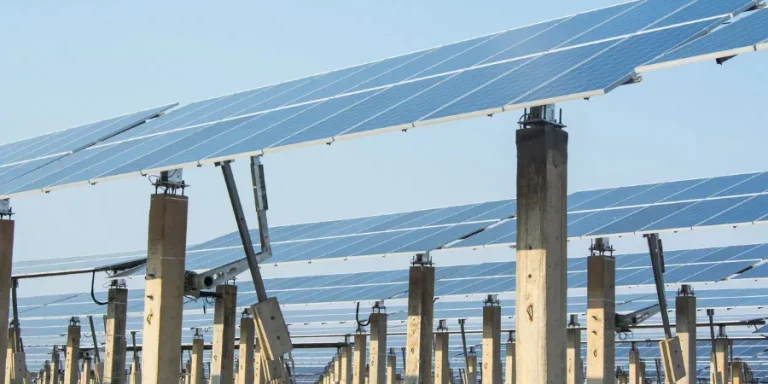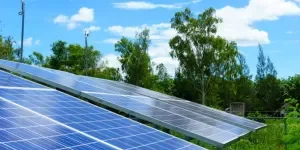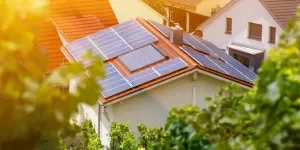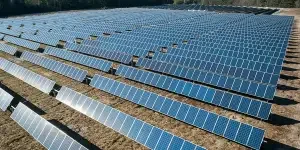Smaller solar systems under 100 kW capacity dominate the installations
Key Takeaways
- BDEW expects Germany to install 17.5 GW of new solar PV capacity in 2024
- Smaller size systems feeding more solar energy into the grid than they are consuming puts pressure on the grid
- It recommends the government make amendments to the EnWG to slow down the systems from feeding excess solar power into the grid
Bundesverband Der Energie- Und Wasserwirtschaft E.V. (BDEW) or the German Association of Energy and Water Industries says Germany will expand its total solar PV capacity by 17.5 GW within 2024. Having exited 2023 with 81.82 GW in cumulative capacity, this would expand its total capacity till the end of this year to around 100 GW.
However, the association points out that close to half of this capacity is below the 100 kW limit. As these systems feed more electricity into the grid than is consumed at the source, it endangers the stability of the grid.
“The amount of uncontrolled electricity now threatens to exceed consumption next spring and summer on sunny Sundays with lower electricity demand. This problem exists even with perfect grid expansion,” according to BDEW Executive Board Chairwoman Kerstin Andreae.
BDEW offers a possible solution to this saying the government could bring in an amendment to the Energy Industry Act (EnWG) to allow slowing down PV system generation by 50% of its potential output.
If this does not happen, then the grid operators may be forced to take both producers and consumers off the grid to stabilize it. Andreae warns that in such a scenario, the new government could ‘inherit chaos.’
Germany’s 3-way coalition, often called the traffic light alliance, has collapsed after they couldn’t reach a consensus on next year’s budget. After one of the three partners, the Liberal Party left, the Socialdemocrat-Green residual coalition government’s head Chancellor Scholz is expected to ask for a vote of confidence in parliament, to be held possibly in December this year, which the government will loose, freeing the way for the country to head to federal elections earlier than planned end of February, leading to political uncertainty. With the conservatives to lead the new government, the solar industry is now very nervous about a new constellation that will be less renewables friendly than before – the question is how much things will aggravate for solar?
The German solar energy association BSW-Solar has also appealed to all the parties to reduce market barriers for solar energy and storage in the coming legislative period.
Citing a YouGov survey it commissioned, BSW says 64% of the population surveyed want political parties to commit to solar energy and storage. It also wants the government to accelerate energy transition in the electricity and heating sectors.
Germany’s 10 M 2024 solar PV additions, according to the Bundesnetzagentur, totaled 13.13 GW with the addition of 1.36 GW in October. At the end of this month, its cumulative installed solar PV capacity was 4 GW shy of the 100 GW milestone (see Germany Installed Over 1.36 GW New Solar PV Capacity In October 2024).
Source from Taiyang News
Disclaimer: The information set forth above is provided by Taiyang News independently of Alibaba.com. Alibaba.com makes no representation and warranties as to the quality and reliability of the seller and products. Alibaba.com expressly disclaims any liability for breaches pertaining to the copyright of content.




